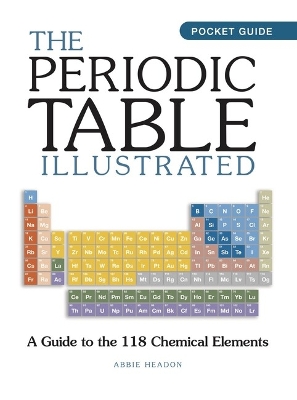Mini Encyclopedia
1 total work
The periodic table provides the most convenient way of organising chemical elements by specific icons, and is widely used in chemistry and physics as a quick and easy resource for scientists and students. It provides an easy visual reference of the periodic law, which says that when elements are arranged in order of their atomic numbers, an approximate recurrence of their properties is evident. In nature, elements up to atomic number 94 are known; further elements have been synthesised in a laboratory. The Periodic Table Illustrated is a compact guide to the currently known 118 elements and their properties. Find out about copper (Cu), a reddish metal that has been used since ancient times for making utensils, weapons and piping, and has proved to be a good conductor of heat; learn about aluminium (Ai) and its strong, lightweight properties, which has led to it being used in aircraft manufacture and building construction; marvel at carbon (C), which makes up 0.025 percent of Earth’s crust, and which is also one of the main elements of diamond, the hardest known natural material, and which is used as a cutting tool and for jewellery; and discover radon (Rn), a radioactive, odourless gas and considered a toxic health hazzard. This book will inform and fascinate anyone interested in the core chemical elements that make up our world and which are found in everything we make.
